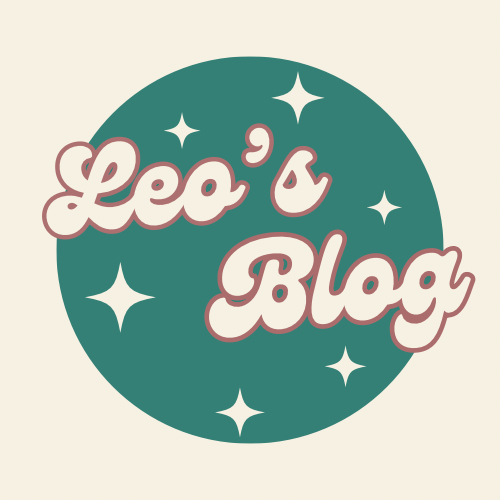A few weeks ago, as part of my studies, I came across the concept of ‘popular feminism’ in a reading. This theory made me think about an advertising campaign from the French car brand Renault for the Twingo, a small city car.
Description and translation of the ad
The first seconds of the ad begins with the female character saying “ouch”, pictures of car scratches and a caption: “En ville, les rayures sont inévitables” (in the city, scratches are unavoidable). Then, the female character appears in front of a car carrying many shopping bags. She seems unhappy as she sees that she scratched her car.
The next scene shows three bottles of nail polish matching the colours of the cars. After, we can see the female character applying nail polish on her nails, and then on the car scratch with the caption “Parfait pour les ongles et les rayures” (perfect for nails and scratches). The ad ends with the female character being satisfied as her nails are done and the car scratch is covered.
This ad is also accompanied by a voice-over:
“En ville, les rayures sont inévitables. Nous avons donc créé un produit unique. Renault présente Twingo nail polish, du vernis assorties à la couleur de votre Twingo qui permet aussi de retoucher les rayures. Sublimez vos ongles et votre voiture.”
Translation: In the city, scratches are unavoidable. Renault introduces Twingo Nail Polish, the nail polishes matching the colour of your Twingo that can also be used to cover scratches. Enhance your nails and your car.
Controversy of this ad
At first, we can think that this ad is quite unusual and refreshing for a car brand because nail polish and small city cars target mainly women. However, this ad raises many issues. First, the association of car scratches with women reinforces the idea that women do not drive well and that only women damage their cars. Thus, the commercialisation of nail polish to put on yourself and your car is quite sexist. Secondly, how women are portrayed through the female character is problematic. In this ad, Renault may have wanted to show an independent, busy and confident woman but how this is represented is very stereotypical. Indeed, the female character is a natural beauty, she is thin, she is feminine, she has a simple but elegant fashion style, and she is wearing heels. In addition, the fact that she is carrying shopping bags reinforces the idea that all women like shopping and do not manage finance well. Thus, the image of women portrayed in this ad is quite reductive and negative.
Advertising and popular feminism
Popular feminism relates to the spreading and integration of feminist ideas within media, culture and daily interactions. This concept intends to make feminist ideas more accessible and relatable to audiences. One of the characteristics of popular feminism is the incorporation of feminist symbols or messages in advertising campaigns. However, the integration of feminism in advertising campaigns can be criticised as many brands use feminism for economic interests. Brands often use women in their content just to have women in order to seem feminist. However, this lack of authentic feminist ideas in advertising can result in ‘femwashing’. ‘Femwashing’ is fake activism. It referred to the promotion of feminist ideas by a brand that does not care about feminism but wants to make money. Ads featuring ‘femwashing’ also often include stereotypes and sexist ideas such as the Renault ad studied above.

Leave a Reply